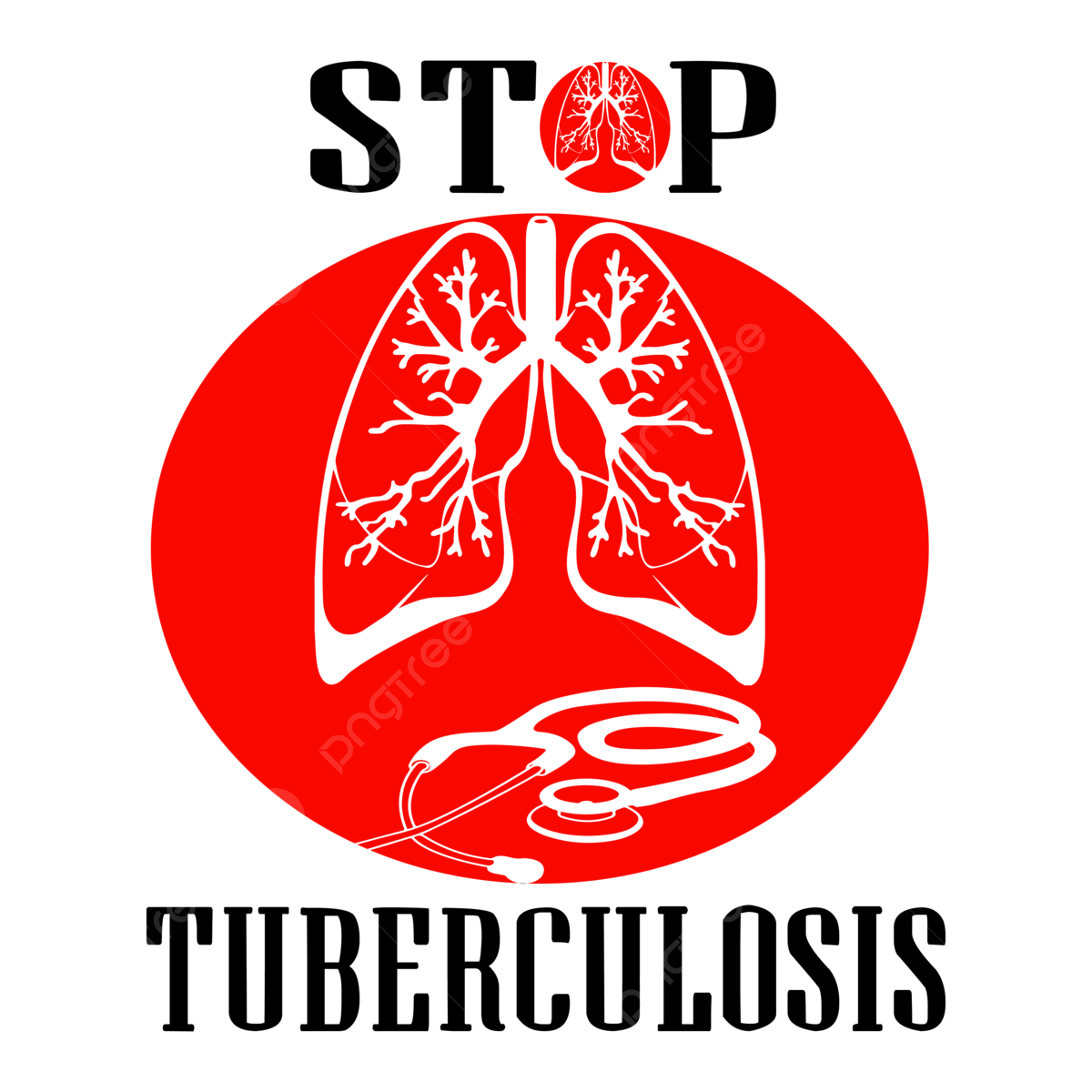Safeguarding Communities Through Monitoring and Control
Tuberculosis (TB) remains a significant public health challenge worldwide, despite advances in medical technology and treatment. Public Health Departments play a critical role in combating TB, and within these departments, TB nurses are essential frontline workers. Their expertise, dedication, and multifaceted responsibilities contribute to reducing the burden of this disease and protecting community health.
Key Responsibilities of a TB Nurse
Case Detection and Diagnosis Support:
TB nurses assist in identifying new TB cases through screening programs, outreach efforts, and community health initiatives. They work closely with healthcare providers to ensure timely and accurate diagnosis, often facilitating the collection of sputum samples, interpreting test results, and initiating treatment plans.
Patient Education and Counseling:
Educating patients about TB, its transmission, treatment, and prevention is another core function of a TB nurse. They provide clear, compassionate guidance to patients and their families, helping them understand the importance of completing the full course of treatment and adopting measures to prevent the spread of infection.
Contact Tracing:
TB nurses are instrumental in identifying individuals who may have been exposed to active TB cases. By conducting interviews, testing close contacts, and monitoring their health, nurses help interrupt the chain of transmission and protect vulnerable populations.
Collaboration with Multidisciplinary Teams:
A TB nurse’s work is not done in isolation. They collaborate with physicians, epidemiologists, social workers, and public health officials to develop and implement comprehensive TB control programs. This teamwork ensures a holistic approach to managing the disease.

The Importance of TB Monitoring and Control
The global burden of TB is immense, with millions of new cases reported annually. Effective monitoring and control are crucial for several reasons:
Preventing Drug Resistance:
Inconsistent or incomplete treatment can lead to multidrug-resistant TB (MDR-TB), a form of the disease that is harder and more expensive to treat. TB nurses play a pivotal role in ensuring treatment adherence to prevent the emergence of drug resistance.
Reducing Transmission:
TB is a contagious disease that spreads through airborne droplets. By identifying cases early, providing treatment, and conducting contact tracing, public health departments can significantly reduce transmission rates.
Protecting Vulnerable Populations:
Certain groups, such as individuals with compromised immune systems, children, and the elderly, are at higher risk of developing severe TB.
Enhancing Public Health Data:
TB monitoring provides critical data that informs public health strategies. Surveillance efforts led by TB nurses contribute to understanding disease trends, identifying outbreaks, and allocating resources effectively.
The role of a TB nurse in a Public Health Department is indispensable. From direct patient care to community outreach and epidemiological surveillance, TB nurses are at the forefront of the fight against tuberculosis. Their work not only saves lives but also strengthens communities by promoting health, preventing disease, and fostering trust in public health systems. By prioritizing TB monitoring and control, we take significant strides toward a future free of this ancient yet persistent disease.
